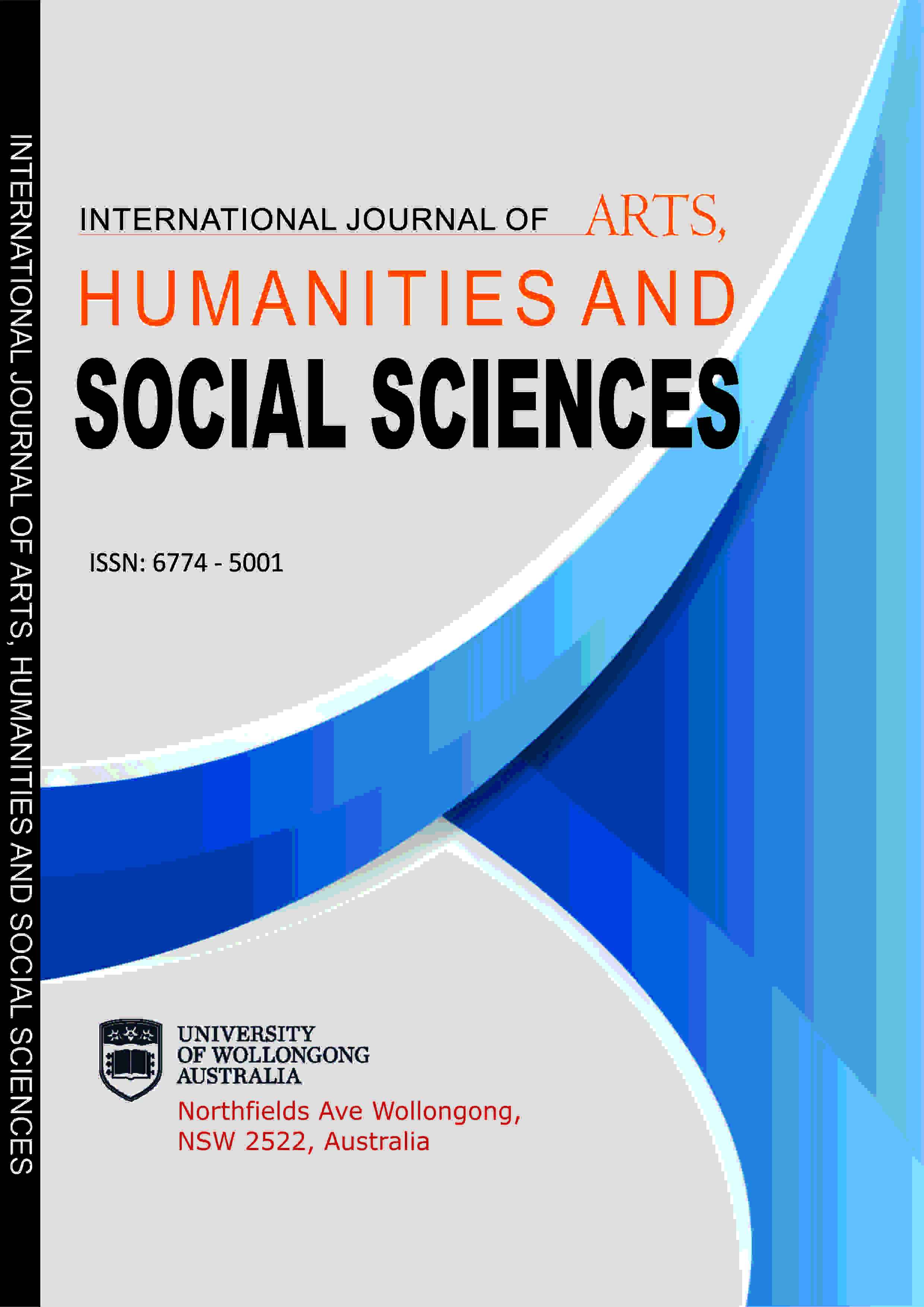INTERNATIONAL JOURNAL OF ARTS, HUMANITIES AND SOCIAL SCIENCES (IJAHSS)
YOGA IN THE METAVERSE: POSSIBILITIES AND LIMITATIONS
E-ISSN: 2579-048X
P-ISSN: 6774-5001
DOI: https://iigdpublishers.com/article/810
This study aims to assess the integration of yoga within the South Korean metaverse, determining its viability and potential impact on digital wellness practices. The study employed a mixed-methods approach, analyzing metaverse content relationships via the Pearson correlation coefficient and conducting focus group interviews. Key search terms tracked over a decade informed the quantitative analysis, while the qualitative aspect involved discussions with yoga instructors and trainees. The interview data was processed using phenomenological methods to extract key themes and perceptions. This combination of big data analytics and phenomenology provided insights into the current engagement with yoga in the metaverse and identified barriers to its adoption. The quantitative analysis revealed that while gaming and education had moderate to strong correlations, yoga had an insignificant relationship, suggesting a lack of integration into virtual spaces. Qualitatively, both instructors and trainees acknowledged the metaverse's potential to enhance yoga's inclusivity and appeal through interactive and gamified environments. However, they also highlighted significant challenges, such as technological barriers, cost, community building, and maintaining the authenticity of yoga practice. These factors impede the widespread acceptance and integration of yoga within the metaverse. In conclusion, to solidify yoga's presence in the Korean metaverse, strategic enhancements addressing accessibility, community dynamics, cost, and technological ease-of-use are necessary to harness the metaverse's full potential for wellness.
Hyo Kim & Yesol Seo
Bağcıer, F., & Batıbay, S. (2020). “The Effects of Virtual Reality-based Wii Fit Yoga on Pain, Functionality and Trigger Points in Non-specific Chronic Low Back Pain Patients: A Randomized Controlled Trial”, Bosphorus Medical Journal,Vol. 7, No. 3, pp75-81.
Carmigniani, J., & Furht, B. (2011). “Augmented reality: an overview”, Handbook of augmented reality, pp3-46.
Cho, K. H., Park, J. B., & Kang, A. (2023). “Metaverse for Exercise Rehabilitation: Possibilities and Limitations”, International Journal of Environmental Research and Public Health, Vol. 20, No. 8, pp1-12.
Clay, C. C., Lloyd, L. K., Walker, J. L., Sharp, K. R., & Pankey, R. B. (2005). “The metabolic cost of hatha yoga”, The Journal of Strength & Conditioning Research, Vol. 19, No. 3, pp604-610.
Colaizzi, P.F. (1978). Psychological research as a phenomenologist views it. In R.S. Valle & M. King (Eds.), Existential-Phenomenological Alternatives for Psychology (pp48-71). New York: Oxford University Press.
